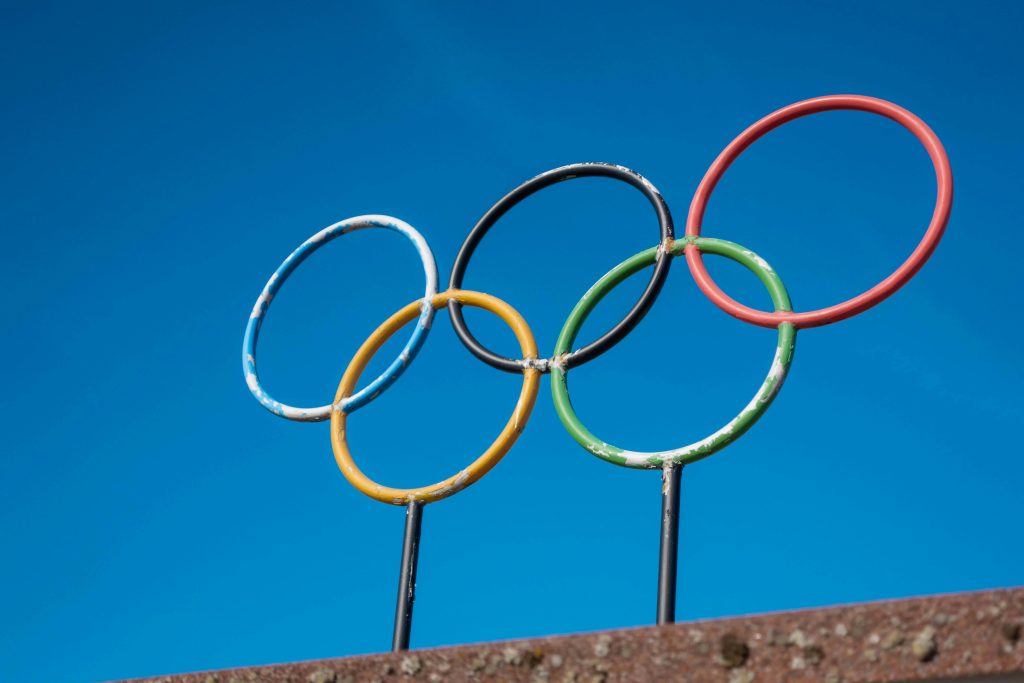The history of football at the Olympic Games is rich and diverse, spanning more than a century. Here’s an overview of the key moments and developments of the Olympic football tournament:
Early Years and Amateurism (1900-1932)
Football made its debut at the Olympic Games in 1900 in Paris, although this tournament was not officially recognized by FIFA. Only three teams participated: Great Britain, France, and Belgium, with Great Britain emerging as the winner.
In 1908, football officially became an Olympic sport, with the tournament held in London. The British team dominated the early years, winning gold in both 1908 and 1912. The tournament was initially reserved for amateur players, in line with the ideals of the Olympic movement.
Interwar Period (1936-1948)
In 1936 in Berlin, the tournament became notable for the participation of professional players from Italy, sparking debates about the status of amateurism in football. Italy won gold that year, a feat they repeated in 1938 at the World Cup.
The Olympics of 1940 and 1944 were canceled due to World War II. The tournament returned in 1948 in London, where Sweden won the gold medal. This period marked the last time the tournament was strictly amateur.
Professionalism and International Growth (1952-1980)
The 1950s saw an increase in the number of participating countries and the quality of play. Hungary dominated this period with gold medals in 1952 and 1964, and a silver medal in 1972. Their success reflected the strength of Eastern European teams, which benefited from state support and a semi-professional system that fit within amateur rules.
At the 1980 Games in Moscow, East Germany won gold. This period was characterized by increasing tension between amateur and professional players and the growing influence of Eastern Bloc countries.
Modern Era and Professionalism (1984-Present)
In the 1980s, a decision was made to allow professional players in the Olympic tournament, albeit with restrictions to prevent competition with the World Cup. In 1984, an arrangement was made where players who had not participated in the World Cup could compete. France won that year in Los Angeles.
In 1992, the current format was introduced, where teams consist of players under 23 years old, with the option to include three older players. Spain won gold that year in Barcelona, with a team full of young talents who later became stars.
Women’s Football (1996-Present)
Women’s football made its Olympic debut in 1996 in Atlanta. The United States won the first tournament and went on to dominate several editions, securing victories in 2004, 2008, and 2012. Other strong teams like Germany and Norway have also achieved success, reflecting the growth and popularity of women’s football worldwide.
Recent Developments and Notable Moments
In recent Olympic Games, football has continued to be a platform for showcasing emerging talents and future stars. The 2016 Olympics in Rio de Janeiro saw Brazil win their first Olympic gold in men’s football, led by Neymar. This victory was especially significant for Brazil, given their rich football history and previous disappointments in the Olympic tournament.
The 2020 Tokyo Olympics, held in 2021 due to the COVID-19 pandemic, featured another notable performance by Brazil, who successfully defended their title in men’s football. On the women’s side, Canada won their first gold medal, marking a significant achievement in their football history.
Conclusion
The football tournament at the Olympic Games has evolved from an amateur event to a prestigious international competition featuring both men’s and women’s teams. This evolution reflects broader changes in the sport, including the professionalization and global growth of football. The Olympic Games continue to be an important stage for young players to shine and for countries to showcase their footballing prowess on a global stage.
- Neymar’s Return to Santos FC - January 29, 2025
- Manchester United and Manchester City: Challenges in the 2024-2025 Premier League Season - January 5, 2025
- Manchester City: The Downfall of a Modern Football Powerhouse - December 16, 2024



